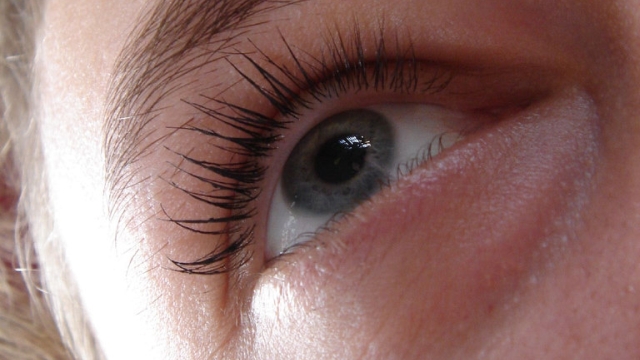
Using virtual environments to improve eye-witness testimonies
Originally posted on The Horizons Tracker.
Eye witness testimonies are often crucial in securing a prosecution, but they are not always forthcoming or reliable. A few years ago I wrote about an interesting project to crowdsource the process. The app, called LEEDIR, worked around emergencies to allow people to send in pictures and videos from their phones to emergency investigators.
Suffice to say, the fact that this app is no longer in operation highlights some of the challenges involved in getting accurate and reliable witness testimonies. A team from the University of Westminster believe that virtual environments could help. In a recently published paper1, they show how eye witnesses produced 60% more information when interviewed in an avatar-to-avatar context than they did in face-to-face interviews.
“Witnesses can become distracted from the task of remembering during an interview because they are attending to the social behavior of the interviewer, such as facial expressions. Such behaviors can negatively affect witness memory performance,” the authors say. “My research explores interviewing in non-traditional contexts to support complex cognition such as long-term memory — reducing the task demands by managing the environment to allow people to concentrate on one task at a time.”
Reliable information
The paper highlights how challenging interview environments can be for witnesses. An unfamiliar setting, an intimidating police officer and a desire to perform can combine to ensure that memories become hazy and the accuracy of testimonies declines. The researchers designed a virtual environment to try and limit these factors.
Volunteers were recruited and informed that they’d be testing a new headset. They watched a video featuring a mock car theft before being asked to return 48 hours later to give information on what they’d seen. This interview was conducted either face-to-face or via a virtual environment with avatar-to-avatar interviews.
The interviews consisted of two phases: a free recall phase and a structured interview with the interviewer. The free recall phase saw participants do equally well in both environments, but during the formal questioning phase, those in the virtual environment recalled roughly 60% more than those in face-to-face settings.
The researchers are cautious about reading too much into their findings, as the sample size was relatively small and therefore it’s risky to propose that virtual interviews are guaranteed to secure better quality testimonies, but they believe it’s an interesting start point to pursue the matter in more depth.
“Technological advances offer real possibilities for significant innovation in real world practice. Virtual environments allow interviews to be conducted quickly and remotely – and, our research suggests, more effectively,” they say. “It would be nice if our research program starts a conversation about the real possibilities for remote, yet effective, witness interviewing.”
Article source: Using Virtual Environments To Improve Eye-Witness Testimonies.
Header image source: Adapted from Eye witness by Jim Maes on Flickr which is licensed by CC BY-SA 2.0.
Reference:
- Dando, C. J., & Taylor, D. (2018). Eyewitness memory in face-to-face and immersive avatar-to-avatar contexts. Frontiers in psychology, 9, 507. ↩




